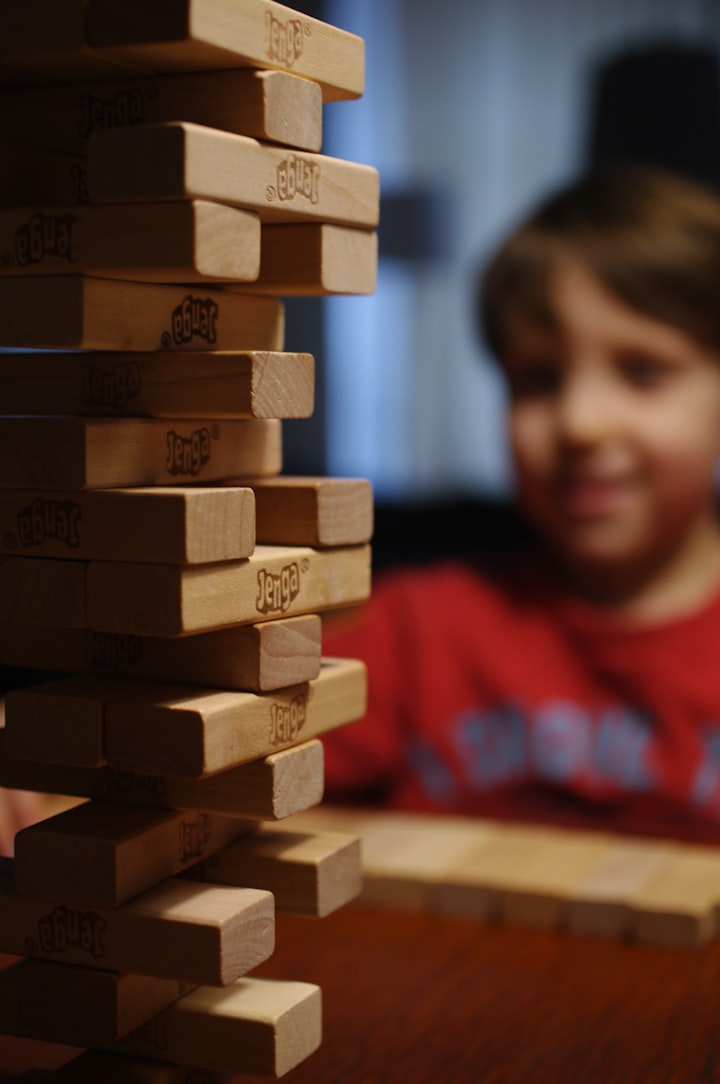
At a time when kids are exposed to social media influencers who promote lifestyle messaging, cyber bullying, targeted advertising, and rapidly changing societal expectations, making sure they grow up with a positive self-image can be harder than ever.
By devoting time and energy to developing positive approaches to self-esteem and confidence in your children early on, you can ensure that they become the happy and fulfilling people they are meant to be!
There is a lot of resources available for parents wanting to raise their children with strong self-esteem, from self-esteem tests and activities to books and programs that teach children and teenagers the importance of themselves and what they bring in the world bring in, appreciate.
Success glass / terrible glass:
Also known by many other names, the Success Tractor is a great way to regularly remind your child of all the glories of the past, from little to big, and to ensure that a bad day or week doesn't change everything they've been through!
It's very easy to make, all you need is a large, clear bowl - think goldfish bowls or mason jars - and some scraps of paper. Take some time to sit down with your child and ask them about times when they were proud of themselves, when they were doing something alone, in a team, or even doing something good for someone else.
You can give them directions too, but try to make sure that most of the successes come from them.
Perseverance, Bucket Lists, and Goal Setting:
Teaching your child to be flexible is a big part of building self-esteem and confidence. It can be incredibly powerful for a child to be able to tell themselves that they will not give up until they are on their way to achieving what they want and pulling them off. They begin to see themselves as individuals who have their own destiny in their hands.
A great way to teach perseverance is to create a bucket list with your child that covers some of the most important things they want to achieve. They can be as big or small as your child is comfortable with, and the idea here is to break something pretty essential into small, achievable goals on the way to the ultimate goal.
Responsibility and decision making:
Giving your children responsibility for tasks, projects, or just making decisions can be one of the best ways to teach them about their strengths and help children with low self-esteem.
This can be something as small as making sure they do all of their household chores, that they feed pets and / or go for a walk with them, or that they picked and cooked a family dinner one evening.
While this may seem like a trifle for adults, who are used to making thousands of decisions every day, for many children their decision-making skills are very limited. It is very important to show that you trust them to take responsibility because they will start to believe in themselves too. Taking small steps regularly will quickly make big changes in your self-esteem and confidence.
Create leadership opportunities:
Leadership opportunities can come in different forms and can be integrated into the previous point on responsibility and decision-making.
Try to create group projects or situations where your child is forced to take a leadership role, be it making the final decisions about what happens next or just that for further guidance on what happens next Child as the leader can communicate with the adult supervisor of the project. This means that everyone else involved must submit to the child guide.
Positive self-talk:
Perhaps the most important factor on this list is encouraging positive self-talk in your children. Teaching children that none of us are perfect, that we all have intrinsic worth, and that we should all be proud of who we are, is critical to raising children with a great sense of self-respect.
There are a number of approaches to this, from promoting a growth mindset; Teach the children that they can improve anything they can imagine, practice positive vocabulary such as “excitement” instead of “nervous” or “challenge” instead of “difficulty,” and most importantly, be a role model.





Comments
There are no comments for this story
Be the first to respond and start the conversation.